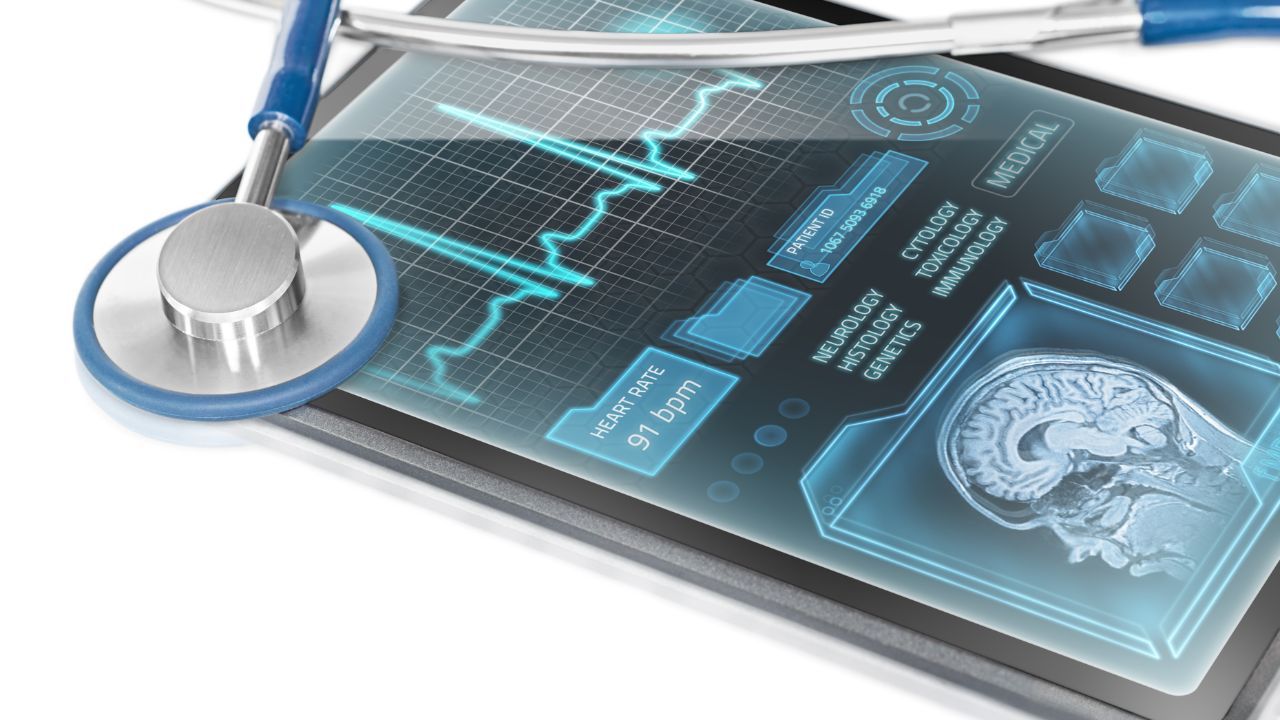Artificial Intelligence (AI) has rapidly moved from the realm of science fiction into everyday reality. We now live in a world where voice assistants respond to our commands, algorithms recommend what we should watch next, and AI systems drive cars on city roads. Once considered futuristic, AI is now embedded in industries ranging from healthcare and finance to agriculture and education.
But while AI’s progress is astonishing, it raises important questions: How will it reshape jobs? Can we trust machines to make decisions that impact human lives? And will the benefits outweigh the risks?
The future of AI holds immense promise but also complex challenges. Understanding both sides is crucial, not just for policymakers and tech experts but for every citizen whose life will, in some way, be shaped by intelligent machines.
A Brief Overview of Artificial Intelligence
Artificial Intelligence refers to computer systems that can perform tasks normally requiring human intelligence. These include recognising speech, identifying images, making predictions, solving problems, and even creating new content.
AI is broadly divided into:
- Narrow AI (Weak AI): Specialised in specific tasks (e.g., Siri, Google Translate, or chess-playing programs).
- General AI (Strong AI): A hypothetical form where machines possess human-like intelligence across multiple domains.
- Superintelligent AI: An advanced form surpassing human intelligence, still speculative but widely debated in academic and tech circles.
Today, we mostly interact with Narrow AI, but research is advancing rapidly towards broader capabilities.
Opportunities Presented by AI
1. Healthcare Transformation
AI-powered tools are revolutionising diagnosis and treatment. Algorithms can analyse X-rays, MRIs, and pathology slides faster than human doctors, spotting early signs of cancer or heart disease with high accuracy.
- Personalised medicine: AI analyses genetic data to design treatments tailored to individuals.
- Virtual health assistants: Chatbots provide medical advice and medication reminders.
- Predictive analytics: AI models can predict disease outbreaks or patient risks before they escalate.
This could reduce healthcare costs, improve outcomes, and bring services to underserved regions.
2. Smarter Business and Industry
AI enables businesses to optimise operations, reduce waste, and make smarter decisions.
- Retailers use AI for demand forecasting and personalised shopping experiences.
- Manufacturers deploy predictive maintenance to prevent costly equipment failures.
- Banks employ AI to detect fraud and automate risk assessment.
AI also powers chatbots, customer service automation, and marketing personalisation, making businesses more efficient.
3. Education and Learning
AI tutors adapt to student needs, providing customised lessons. Automated grading saves teachers time, while language translation tools make global learning more accessible.
In the future, students may learn from AI-driven “personal mentors” available 24/7, adjusting pace and style to individual strengths.
4. Safer Transport
Self-driving cars and drones, guided by AI, promise safer and more efficient transport. AI can reduce accidents caused by human error, optimise traffic flow, and provide mobility for those unable to drive.
5. Environmental and Climate Solutions
AI helps monitor deforestation, predict extreme weather, and optimise renewable energy use. Smart grids and energy-efficient systems can reduce carbon footprints and tackle climate change more effectively.
6. Everyday Convenience
From voice assistants like Alexa to recommendation engines on Netflix, AI makes daily life smoother. It simplifies shopping, entertainment, and communication, embedding itself into routine activities.
Challenges and Risks of AI
1. Job Displacement
Automation threatens millions of jobs, especially in industries like manufacturing, transportation, and customer service. While new jobs will emerge, the transition could leave many workers struggling.
2. Bias and Fairness
AI systems learn from data. If that data reflects human biases, the AI will replicate or even amplify them. Examples include biased hiring algorithms or facial recognition tools that perform poorly for certain demographics.
3. Privacy Concerns
AI thrives on data, but excessive collection threatens personal privacy. From smart home devices tracking conversations to predictive policing, the potential for misuse is high.
4. Security Risks
AI can be exploited by cybercriminals to create sophisticated scams, deepfakes, or automated hacking tools. On a larger scale, AI could be used in military systems, raising ethical concerns about autonomous weapons.
5. Ethical and Legal Dilemmas
Should an autonomous car prioritise its passenger’s safety or pedestrians in an unavoidable accident? Questions like these highlight the ethical complexity of giving machines decision-making power.
6. Dependence and Human Oversight
As AI systems grow more capable, humans may become over-reliant, reducing critical thinking and problem-solving skills. Ensuring “human in the loop” oversight remains vital.
Balancing Innovation and Responsibility
The challenge is not whether AI should advance; it inevitably will, but how to ensure it develops responsibly.
- Regulation: Governments must create frameworks to govern AI use, protecting privacy, jobs, and fairness.
- Transparency: AI systems should be explainable, users must understand how decisions are made.
- Ethical Standards: Tech companies must adopt guidelines ensuring AI is used for societal benefit, not exploitation.
- Reskilling Workforce: Preparing workers for an AI-driven economy is essential to prevent large-scale unemployment.
The Future Outlook
Experts predict that in the next two decades:
- AI will become deeply integrated into healthcare, finance, and education.
- Autonomous vehicles may dominate urban areas.
- AI assistants will play bigger roles in daily decision-making.
- Creative AI—already writing articles, composing music, and designing art, will challenge our understanding of creativity.
At the same time, debates around regulation, ethics, and trust will intensify. Some visionaries, like Elon Musk, warn about the existential risks of unchecked AI. Others, like Andrew Ng, argue AI will be as transformative as electricity but should be embraced with caution.
Frequently Asked Questions
Q: Will AI take away all jobs?
Not all, but it will change many. Routine tasks are most at risk, while creative, emotional, and strategic roles will grow in importance.
Q: Can AI be truly unbiased?
Not completely, as it learns from human data. However, careful design and diverse datasets can reduce bias.
Q: Will AI replace doctors or teachers?
Unlikely. AI will support them by handling repetitive tasks, but human empathy and judgment remain irreplaceable.
Q: Should we fear superintelligent AI?
It’s speculative but worth monitoring. For now, the priority is managing the real challenges of present-day AI.
The future of Artificial Intelligence is both exciting and uncertain. Its opportunities, better healthcare, smarter education, safer transport, and climate solutions- could transform human life for the better. Yet its challenges, job displacement, bias, privacy risks, and ethical dilemmas demand careful attention.
AI is not inherently good or bad; it is a tool shaped by human values and choices. Our responsibility is to ensure it evolves in ways that enhance society, protect fairness, and respect human dignity. Done right, AI could be the defining innovation of this century, bringing not just technological advancement, but a more efficient, equitable, and sustainable world.








Leave a Comment